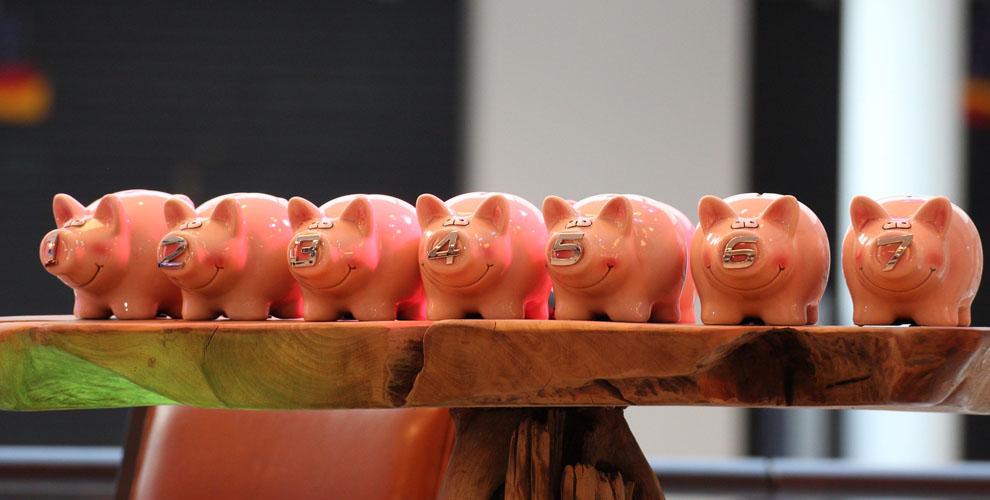
Facebook for most publishers is distribution-first, community-second. But a recent effort from NPR is turning that dynamic on its head by putting community at the core.
Last October, NPR launched Your Money and Your Life, a special series focused on retirement and personal finance. At the same time, NPR also created a Facebook group for the show, where listeners could ask for and share finance advice. The effort quickly took off: In just six months the group has attracted nearly 12,000 members and can now operate day-to-day almost entirely without NPR’s involvement.
“At this point, we’re doing very little with it” in terms of regular management, said Lori Todd, social media editor at NPR. “The group has become a great community in its own right. I’ve been doing this for five years, but I’ve struggled to build a community as successful as this one.”
Unlike Facebook Pages, Facebook Groups are designed to facilitate discussion around topics or activities, making the feature a good fit for NPR’s experiment. One thing that didn’t work, though, was making the group “open” by default, which would have meant that posts from members would both be searchable on Facebook and visible to members’ Facebook friends. After some pushback from members who wanted more privacy, NPR made the group private, meaning that new members have to be approved before they can see the group’s posts.
While NPR regularly posts links to new episodes of Your Money and Your Life, many of the most popular threads and posts are started by members themselves. Users have posted questions like how much they should save for an emergency fund, how credit card fraud might affect their credit scores, and which budgeting software to get.
“Personal finance and retirement in general resonates with folks because it’s something we all grapple with, regardless of our personal situations,” said Todd, explaining the group’s appeal. “Given the financial collapse and the state of Social Security, planning for the future and retirement is something most of know we should be prioritize, but many people struggle with how to get started.”
Todd said that the formula for Your Money and Your Life would lend itself well to shows focused on topics such as heath and fitness, which are universal enough to attract wide interest and discussion from members.
While community has become a central appeal of the group, building one wasn’t the group’s primary goal. Chris Arnold, a former Nieman Fellow and the lead reporter of Your Money and Your Life, originally wanted the show to double as a kind of financial planning tool set, and conceived it with the idea of also building a companion app that would nudge users with reminders to contribute to their 401(k)s. In the face of resource constraints, however, NPR built that feature into the Facebook group itself. Using events, NPR was able to create reminders for members to open 529 college savings plans or to contact their employer’s HR department to open a 401(k). That idea, however, never quite got off the ground, largely because it confused users, said Todd. NPR hasn’t created a new group reminder since February.

Other features have been more successful. In particular, the group has become fertile ground for new story ideas for Arnold, who regularly checks in with members to ask them what topics they want to hear more about. Members have also become the subjects of stories themselves. Earlier this year, a pair of independent Massachusetts farmers posted to the group to ask how they could sign up for a 401(k). They took center stage a few months later when Arnold visited their farm and profiled them for a story about how people open 401K plans when their companies don’t offer them.
Ironically, the success of Your Money and Your Life creates some new, hard questions for NPR. Does the group stay open even if Your Money and Your Life stops airing? Can NPR justify investing time and resources into the group indefinitely? Neither answer is clear, but Todd said that the group’s ability to operate largely autonomously means that it will be able to sustain itself even if NPR decides to pull out. NPR’s social team has already considered promoting a handful of active members to become administrators of the group, which would give them more control.
It’s worth noting, though, that these efforts don’t always work out for the best, regardless of who is running them. Parenting podcast The Longest Shortest Time, for example, shuttered its 18,000-person Facebook group after it became too hard to manage the group, choosing not to use volunteer moderators to keep it going. NPR, however, doesn’t intend for its own Facebook group to go that same route.“I would not want us to delete the group. If it came down to it, I would rather hand it over to the community than take it down,” Todd said.